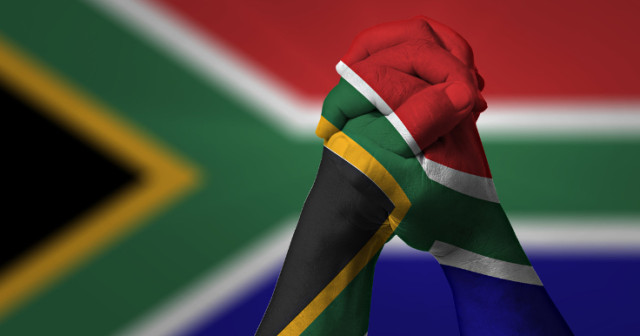South Africa is set to celebrate its 30th freedom anniversary tomorrow, Saturday.
On April 27, 1994, 30 years ago, South Africa had its first democratic elections following decades of white minority rule that denied Black people the opportunity to vote.
It signaled a sea change from the brutal past to the prospect of a prosperous future.
The 72-year-old Nonki Kunene thought back to the excitement she and many others had thirty years ago when they cast their first ballots and joined millions of South Africans in lengthy lines to participate in the nation's first democratic elections.
"I kind of wish we could go back to that day," she remarked.
However, three decades later, a significant portion of that hope has evaporated in the face of formidable challenges confronting the nation. The nation’s Black population faces widespread poverty, with an unemployment rate surpassing 32%, the highest in the world and more than 16 million South Africans relying on monthly welfare grants for survival.
The country also experiences a severe electricity crisis, causing power outages, forcing businesses and households to endure up to 12-hour blackouts.
24-year-old Donald Mkhwanazi, who will be voting for the first time in the upcoming elections said “I had an opportunity to vote in 2019, and in local elections in 2021, but I did not because I was not persuaded enough by any of these old parties about why I should vote. I didn’t see the need to vote because of what has been happening over the past 30 years. We talk about freedom, but are we free from crime, are we free from poverty? What freedom is this that we are talking about?”
Political analyst Pearl Mncube underscored the need for accountability and action in addressing present-day issues, adding that “more and more South Africans have grown sceptical of pronouncements from the government due to its history of continuously announcing grand plans without prioritising the swift execution of said plans”.




















